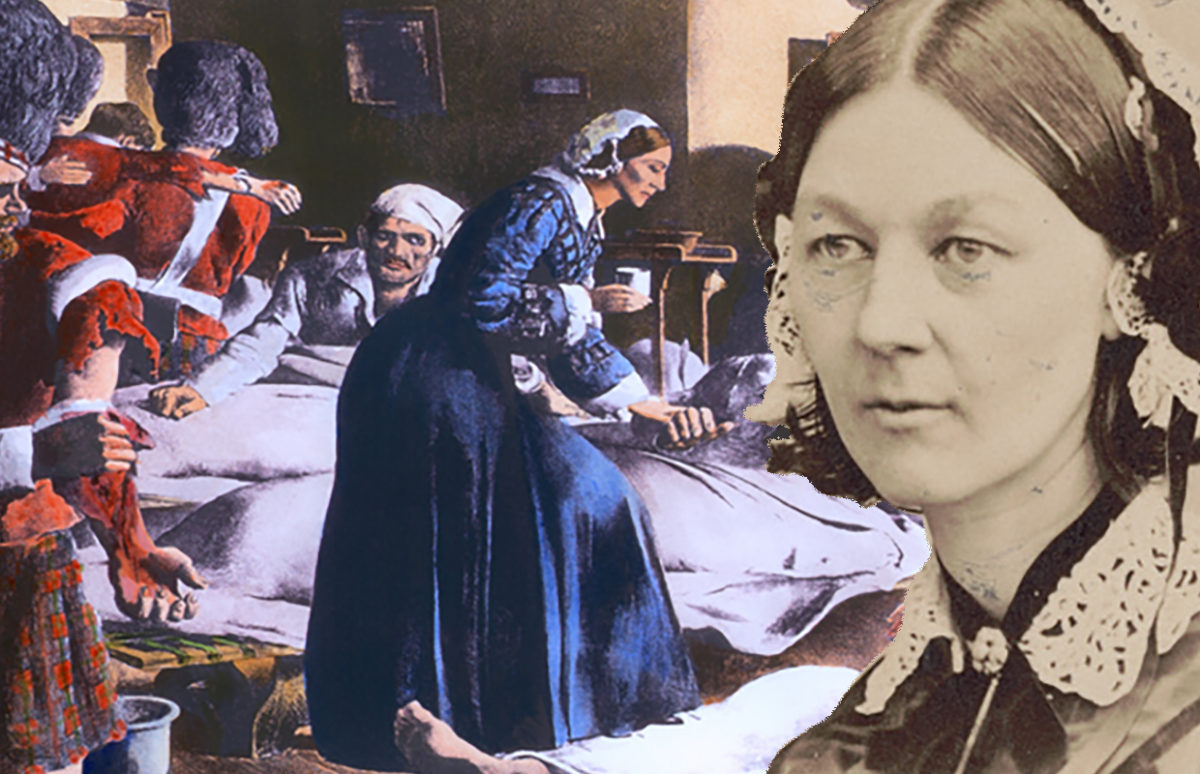Florence Nightingale is one of Britain's most recognisable names. The Victorian nursing pioneer and statistician left an indelible mark on the world of medicine. The first woman ever to be featured on a British banknote, her influence is such that 200 years after her birth, the emergency hospitals created for the coronavirus pandemic in the UK have been named Nightingales.
Nightingale was born in 1820 into a rich and modern-thinking English family that gave Florence and her sister the type of education normally reserved for boys. Yet, when, as a logical result of the education she had received, Florence developed a passion for medicine and wanted to become a nurse, she was met with parental disapproval. While nursing was considered a woman's job, it wasn't for the likes of Florence. Respectable young ladies didn't work at all. Nurses were at best employed in homes, and therefore the equivalent of servants. At worst, they worked in hospitals, were untrained and had a reputation for being rather fond of a drink.
Nonetheless, Florence turned down a series of marriage proposals and used her "Grand Tour" of Europe to visit what nursing schools there were. She eventually got a job in charge of the nurses in London hospital.
Crimea
The Crimean War (1853-56) was a particularly bloody affair. It is chiefly remembered in Britain for the heroic but hopeless Charge of the Light Brigade at the Battle of Balaklava, immortalised in a poem by Tennyson, and for the image of Florence Nightingale as ministering angel and "the Lady with the Lamp".
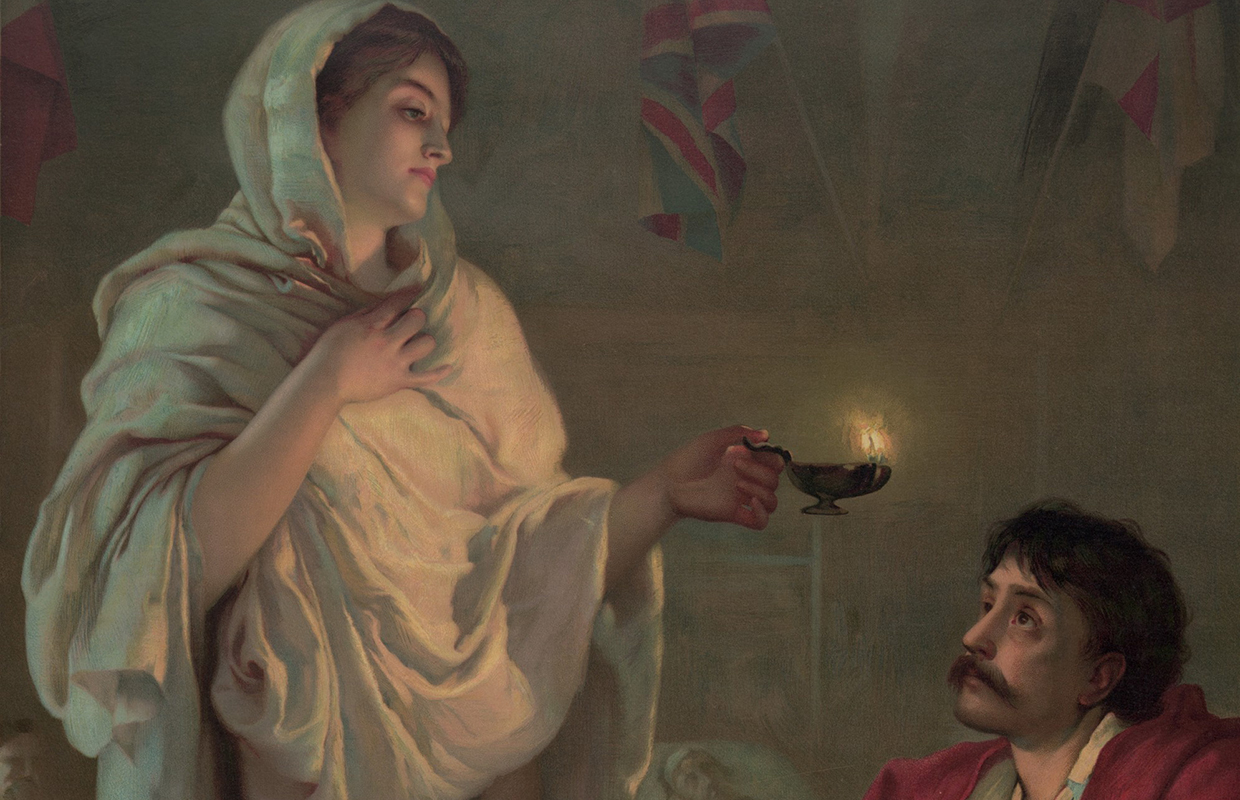
Casualties were high in the war, but disease carried off many more soldiers, particularly in hospital. Nightingale was commissioned by the Secretary of State for War to try to introduce some of the hygienic techniques she had been applying in London. She travelled to the hospital in Scutari, Turkey, with 38 nurses but at first met with the opposition of the doctors, who could see no place for the women in a hospital.
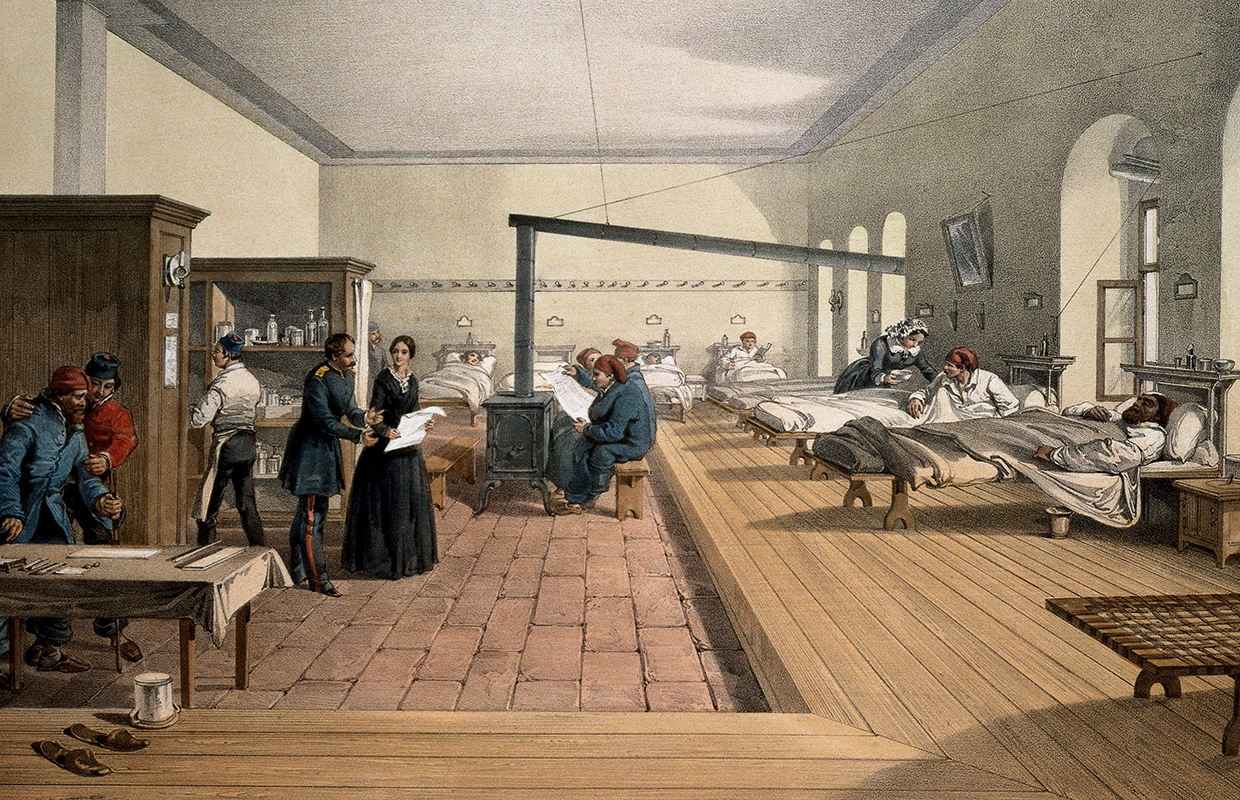
Undeterred, Nightingale marshalled her staff into a flurry of activity, washing the men and their sheets, flinging open windows and sterilising drinking water. Death rates began to drop, and when Nightingale returned to Britain, she discovered she was a national heroine.
She was also ill, having contracted the bacterial infection brucellosis, from which she never fully recovered.
Notes on Nursing
Thanks to a public subscription, and despite her health, Nightingale was able to open a nursing school at St Thomas's Hospital in London. She wrote the seminal book Notes on Nursing, still in print today, which became the standard textbook. She put great importance on hygiene: clean instruments and bedclothes and regular handwashing... advice that is still topical today.
She was also a formidable statistician, and invented a type of diagram called a coxscomb to persuade the authorities to follow her recommendations on hospital hygiene. She was the first woman ever to accepted as a member of the Royal Statistical Society.
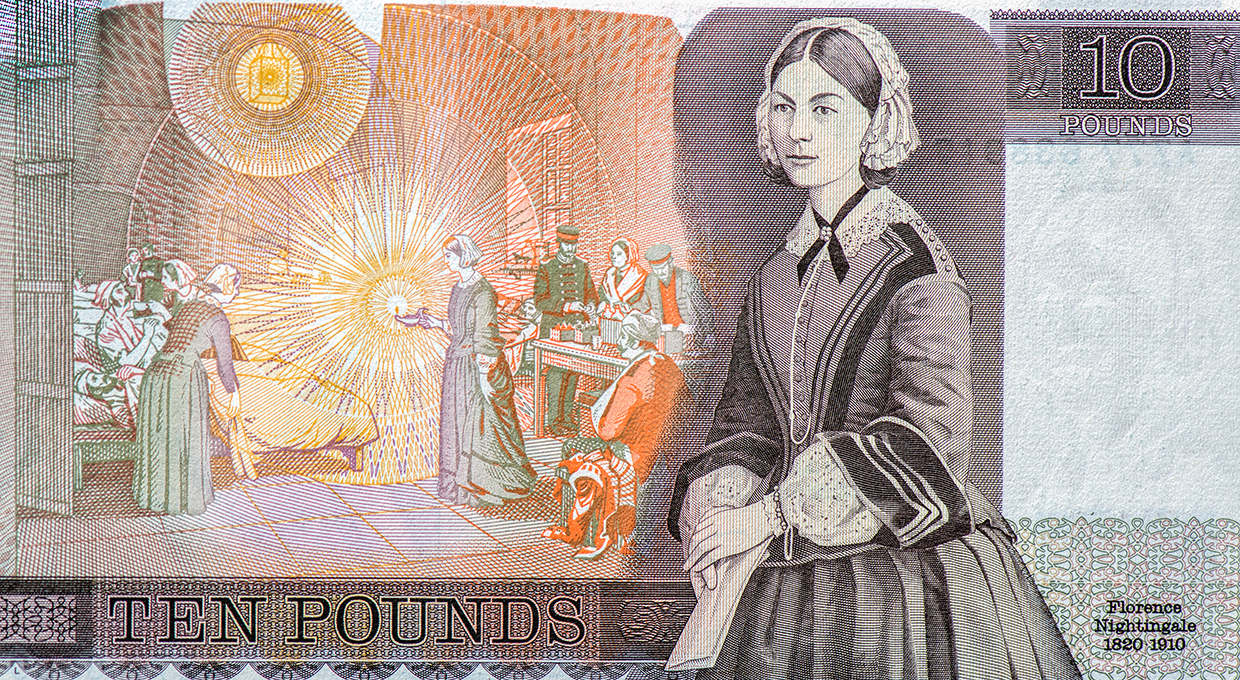
She lived to the ripe old age of 90, and remained a popular figure. She never did give in to pressure to marry. She was the first woman to appear on a British bank note: from 1975 to 1992 she adorned the £10 note. Her birthday, 12 May, is celebrated annually around the world as International Nurses Day.
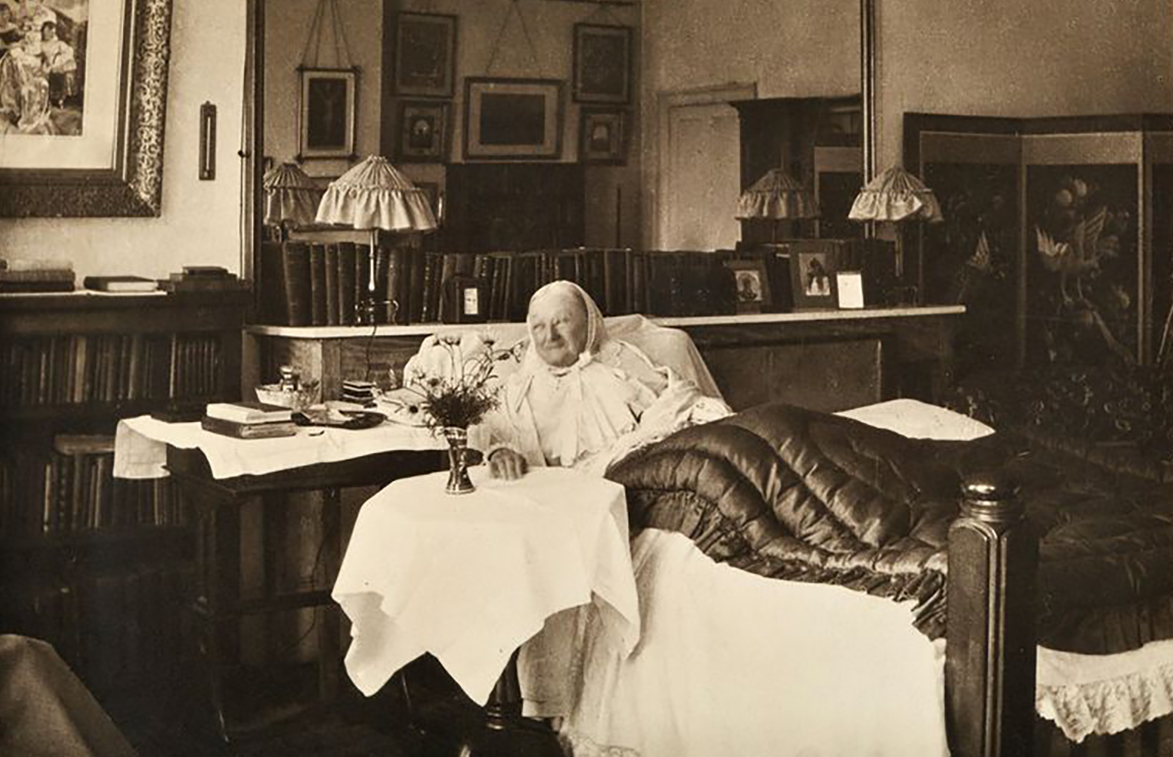
The Florence Nightingale Museum in London is based in St Thomas's Hospital where she opened her nursing school. Its 200th anniversary exhibition can be viewed online, including this short video portrait of Florence Nightingale.
Copyright(s) :
DR
Tag(s) : "amazing women" "British culture" "British history" "coronavirus" "Florence Nightingale" "May" "myths and heroes" "nursing"





